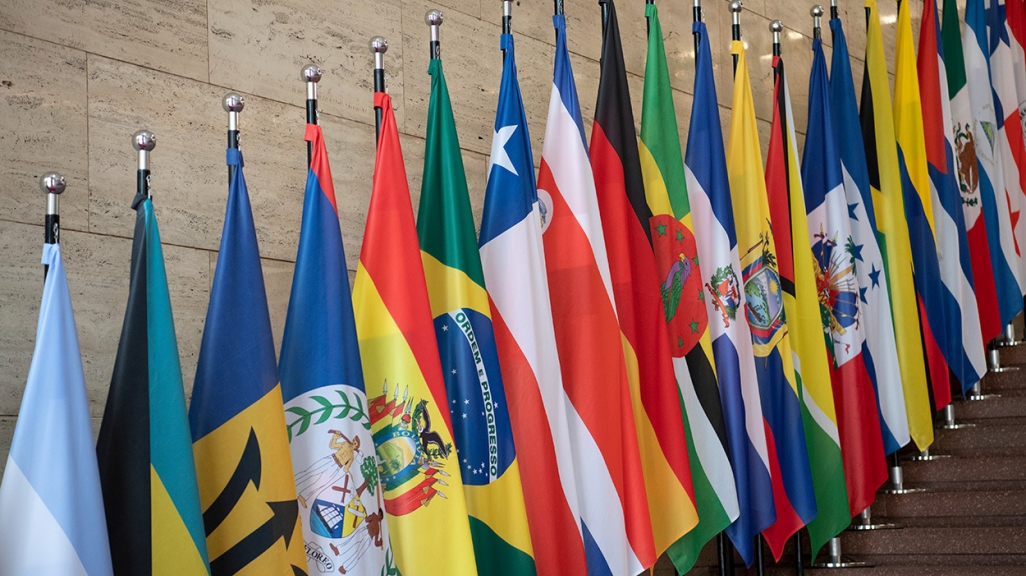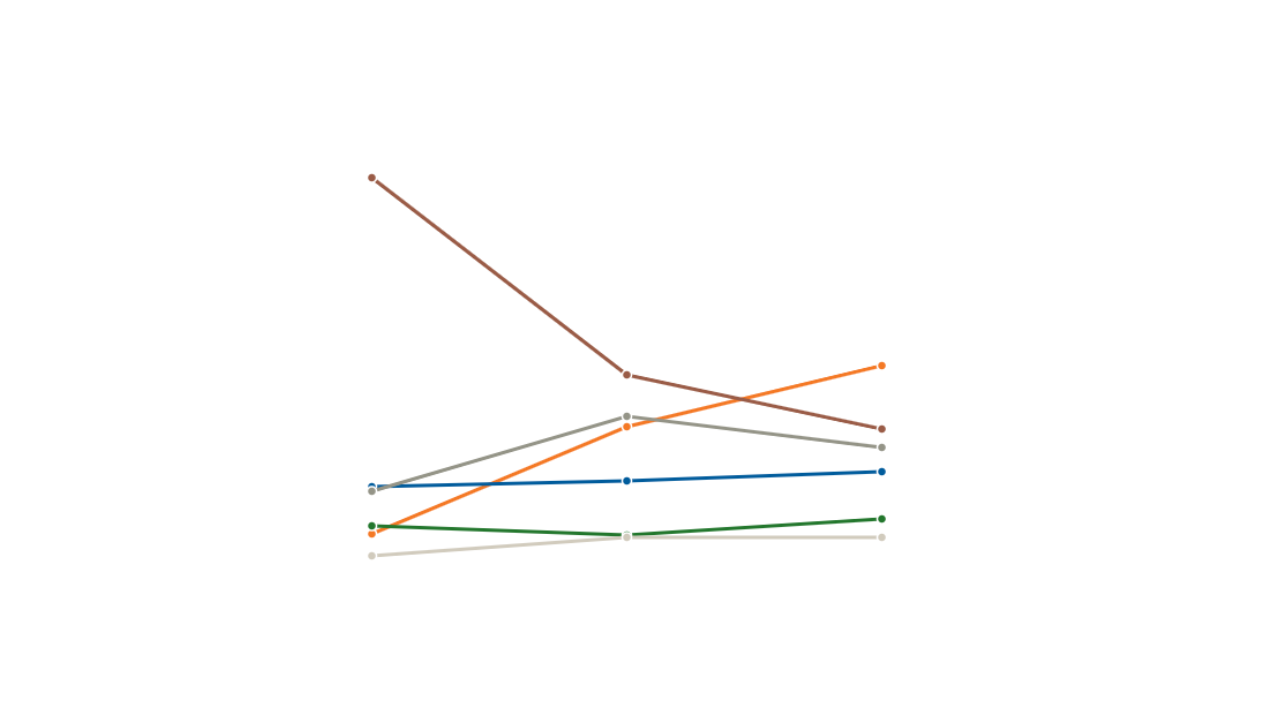Latin America's New Leaders Are Embracing State Authority
Latin America's New Leaders Are Embracing State Authority
Reducing the levers of state influence would unlock sustainable economic development across the region, writes AS/COA's Eric Farnsworth in Barron's.
Latin America just suffered a lost decade. Again. And now, after an initial post-Covid burst, economies have slowed and projections for future growth remain sluggish. Exasperated voters are demanding change, both in the streets and the voting booths, punishing leaders unwilling or unable to deliver the improving quality of life they have repeatedly promised but never quite delivered. Election after election, when offered the chance, voters are selecting untried, nontraditional leaders—sometimes even risky political outsiders—who promise big results and easy solutions.
Hand wringing in Washington about a leftward lurch, or the counternarrative of an anti-incumbency wave, both miss the point. Rather, the new crop of leaders is defined by a common desire to increase state-led economic and social intervention, in some cases without a moderating political give and take or adherence to democratic niceties.
Leaders don’t actually articulate the vision this way, of course. They talk about fairness and reducing inequality and increasing individual rights (but not property rights) and strengthening favored constituencies and sectors of the economy. Several of these are appropriate, even necessary, ambitions. Latin America, after all, really does have the world’s worst income inequality profile, which shamefully persists. Indigenous rights have routinely been trampled. Quality education and true economic opportunity are not widely shared. […]








